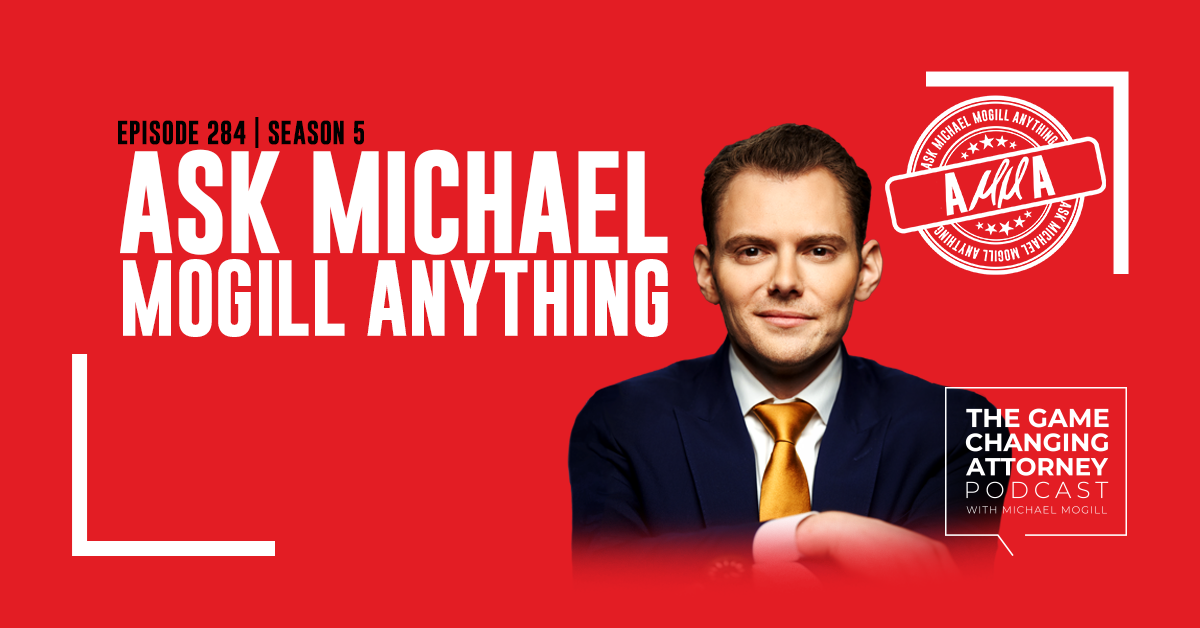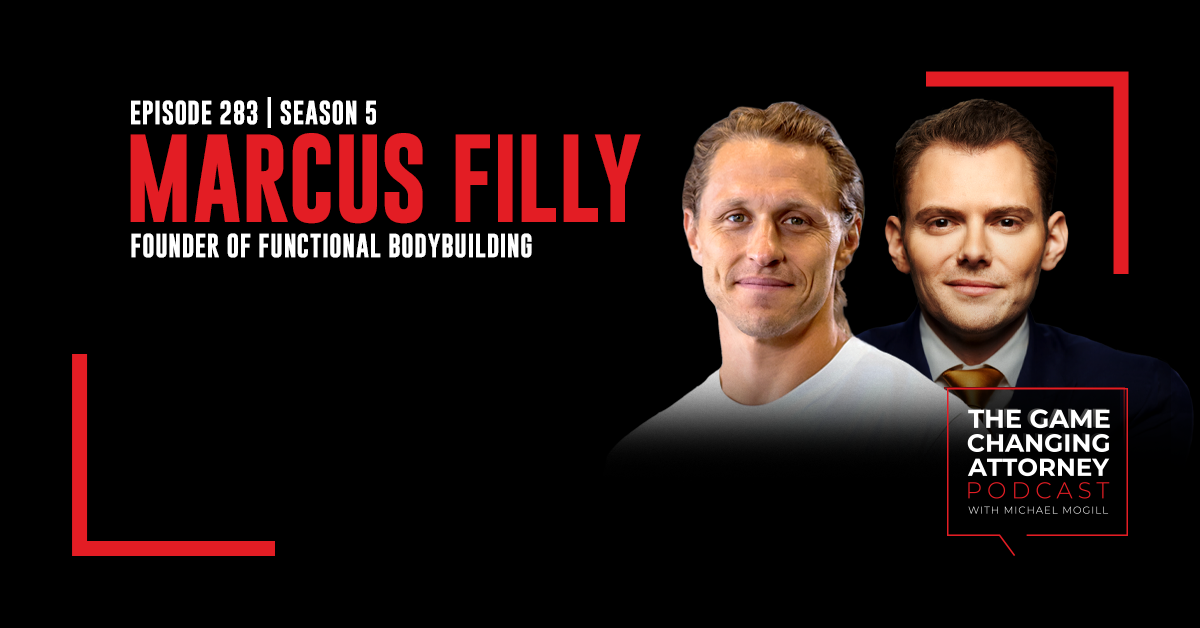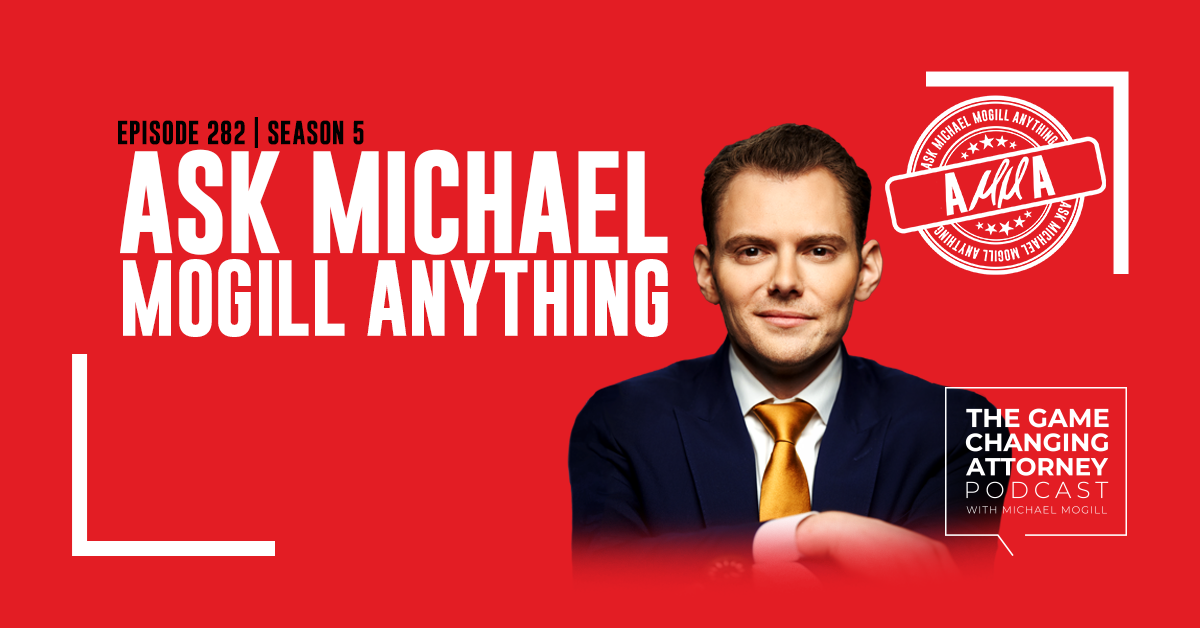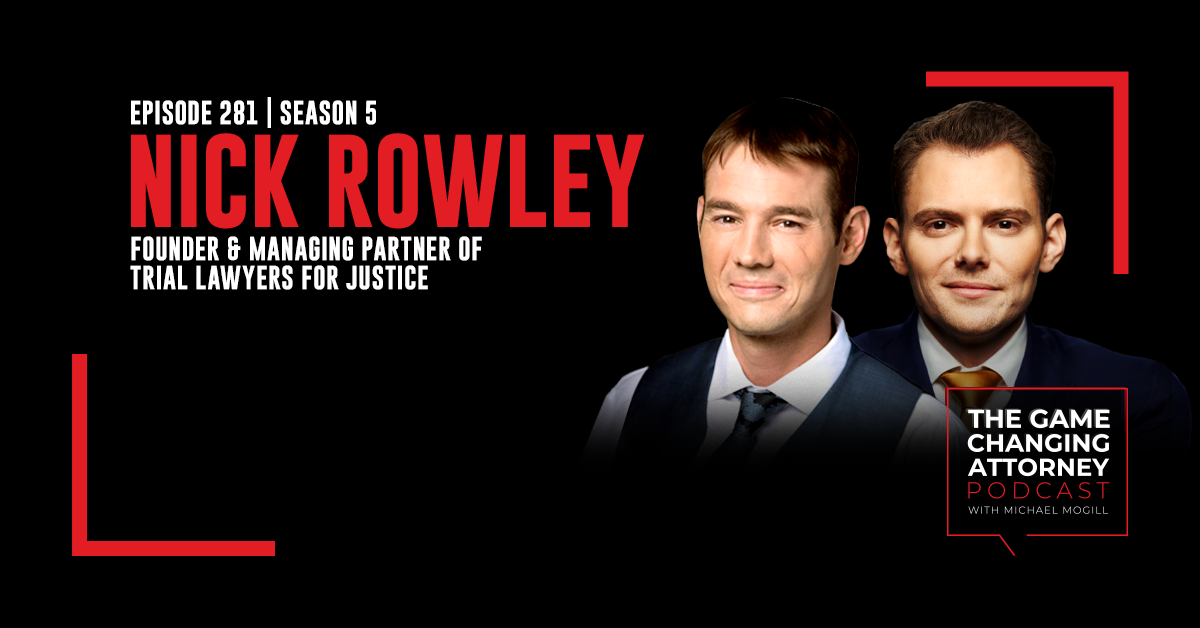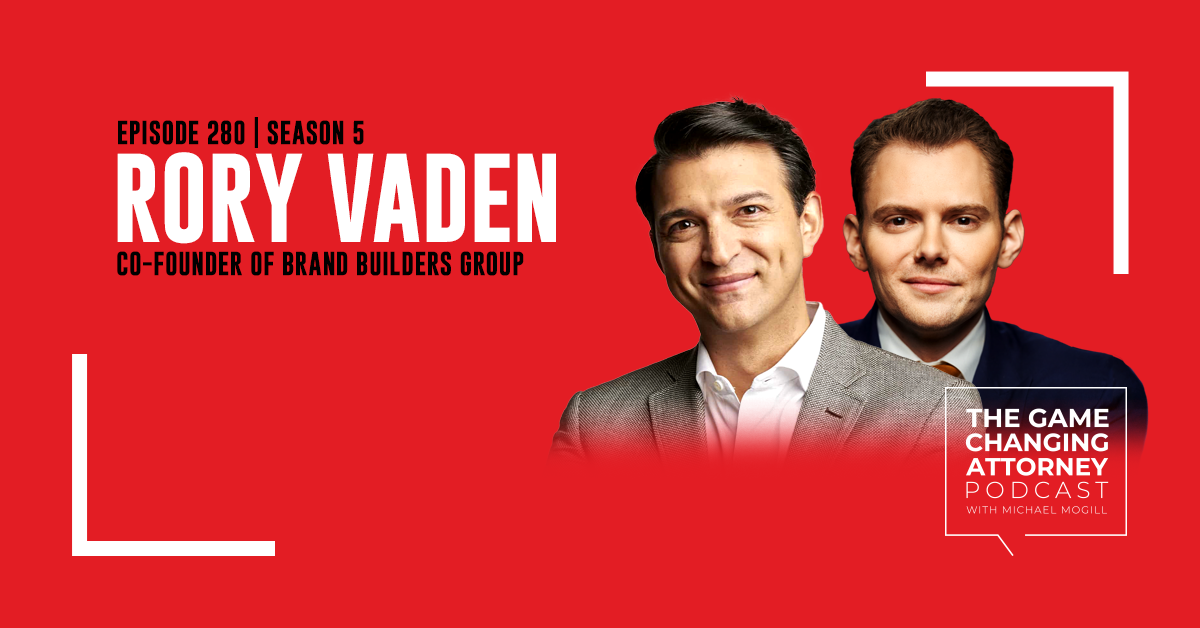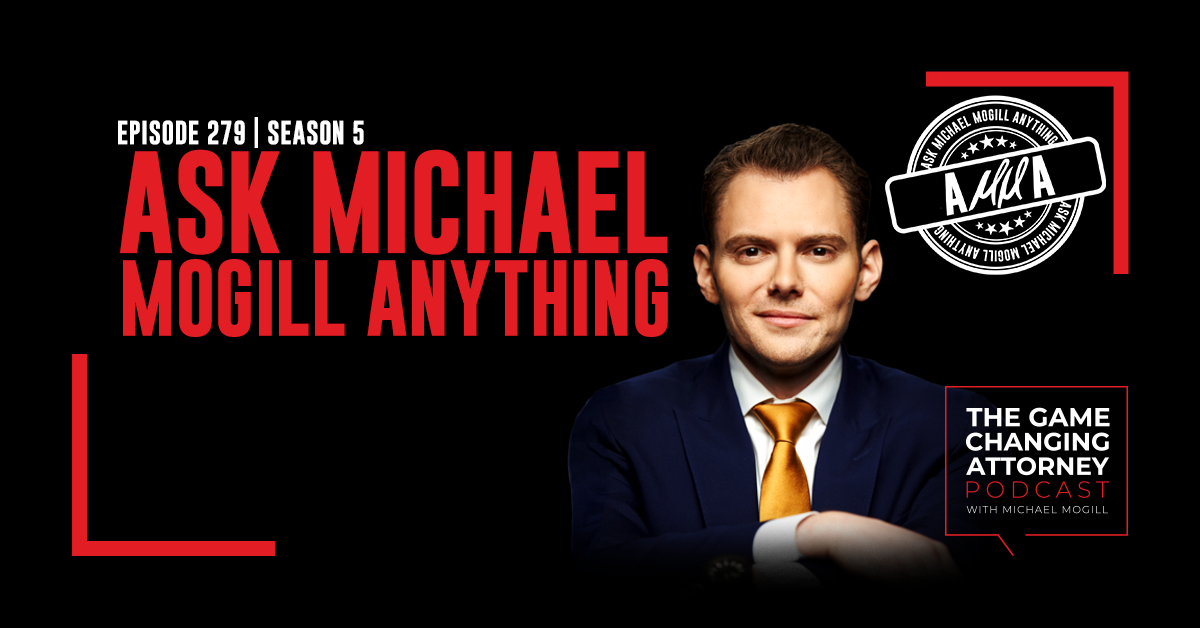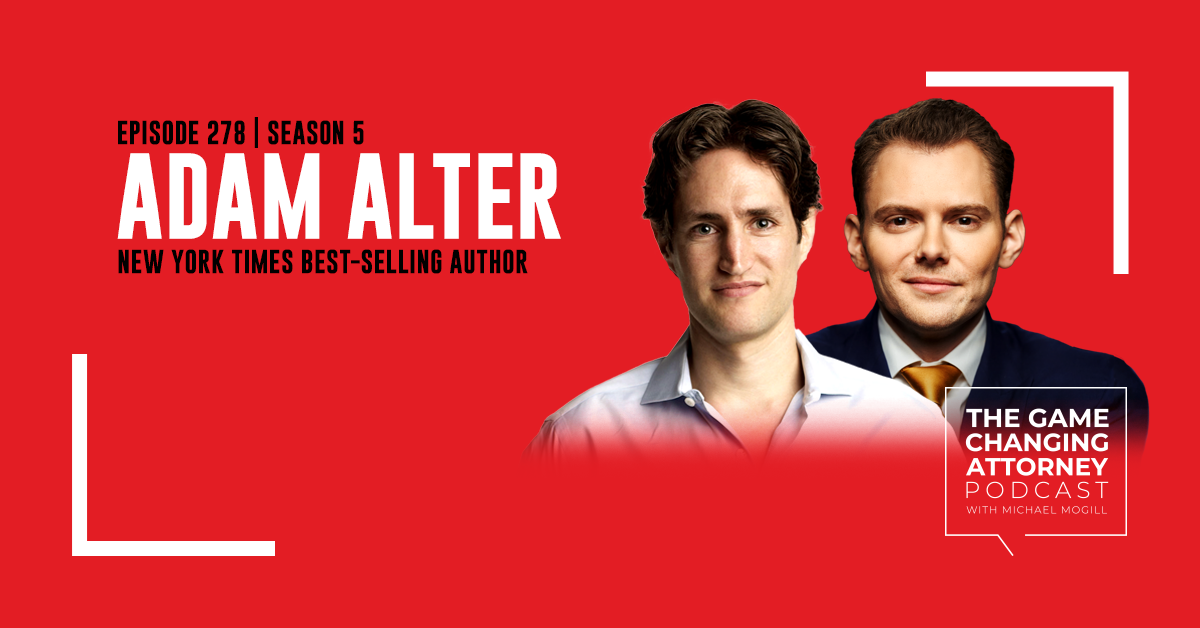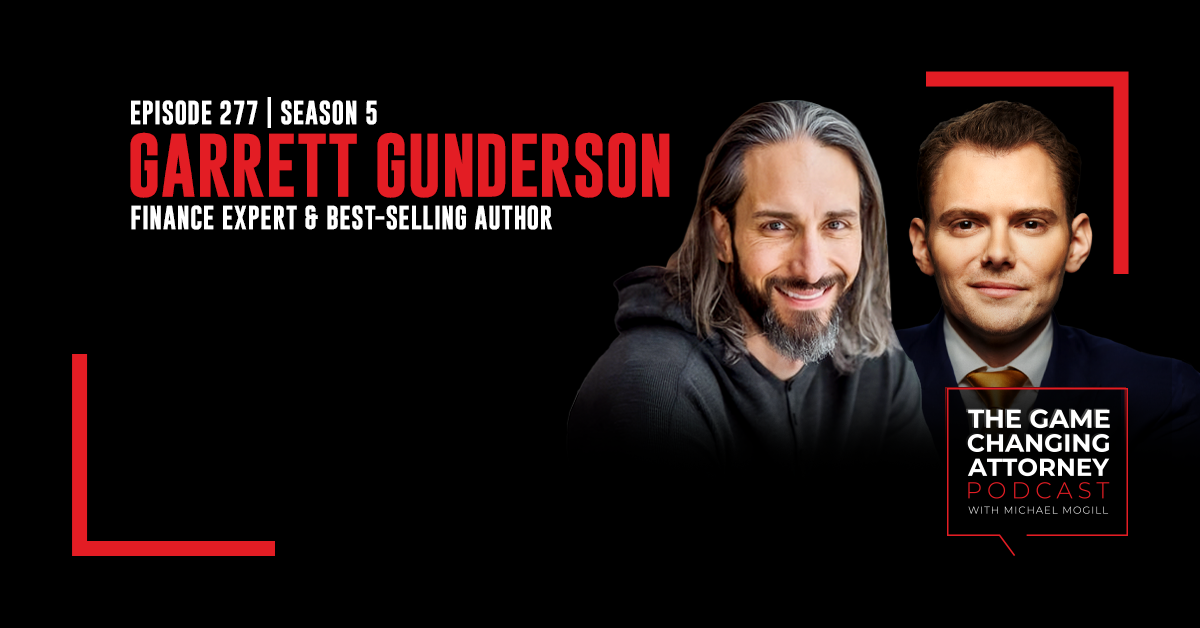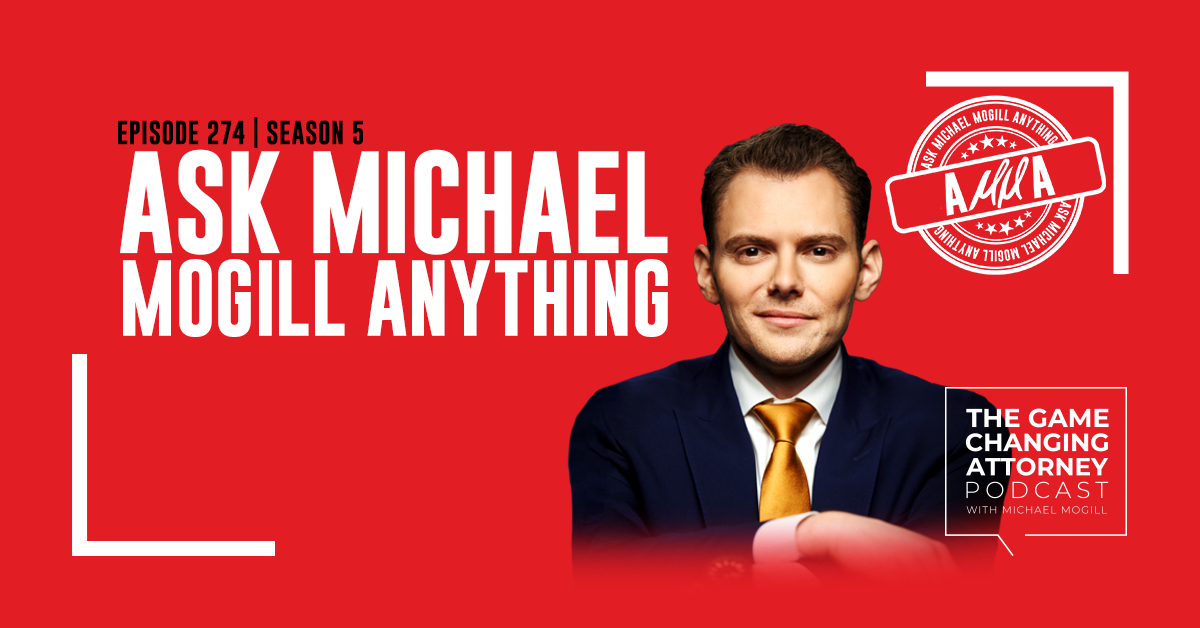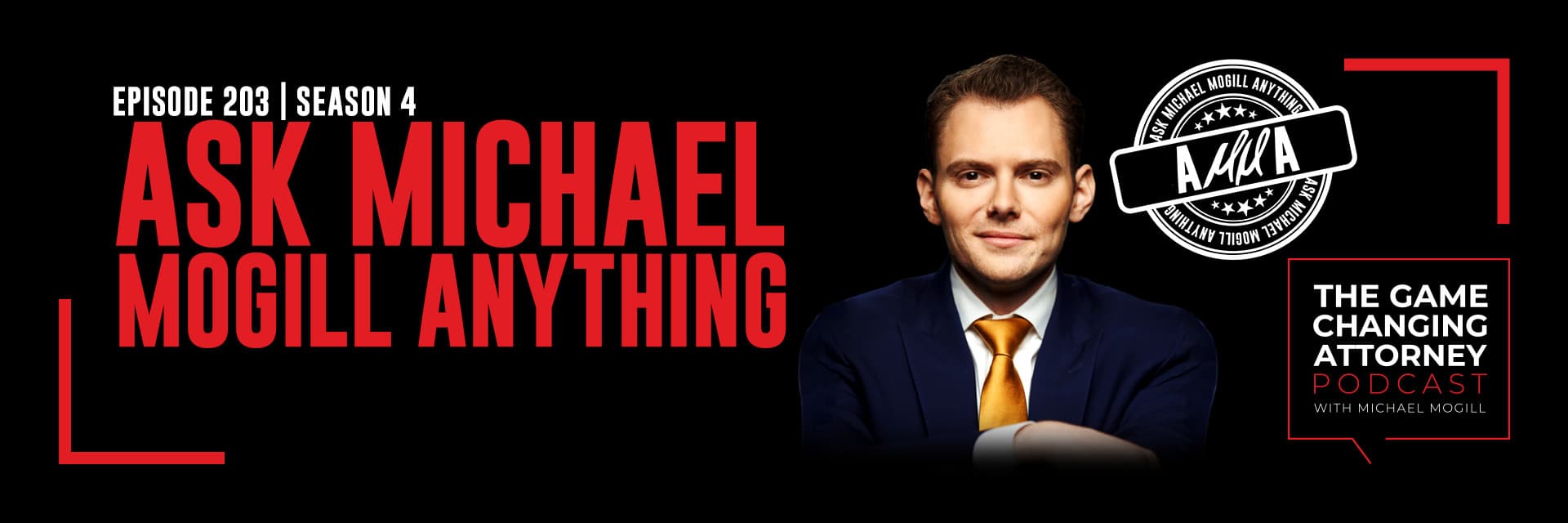
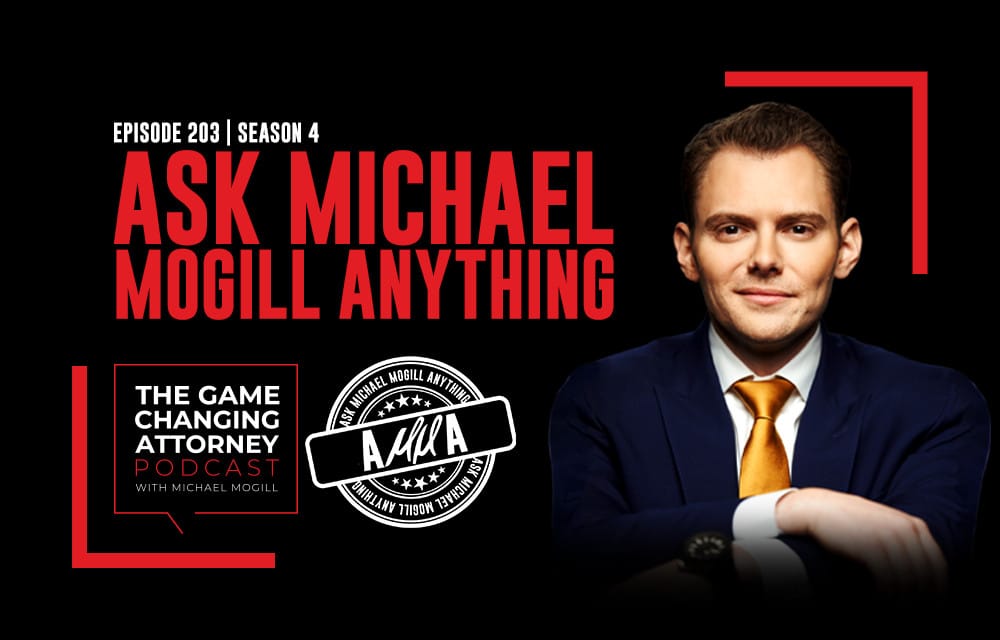
Episode 203 — AMMA — How to Know If You Are NOT Cut Out for Entrepreneurship
Not everyone is built for entrepreneurship.
In this episode of The Game Changing Attorney Podcast, Crisp Founder & CEO Michael Mogill explores three key factors that may indicate whether you’re in the right or wrong line of work…
You’ll learn:
- How to balance difficult decisions with the desire to be liked
- Why some people are fueled by failure and others are discouraged
- The best way to transition out of entrepreneurship if it’s just not for you
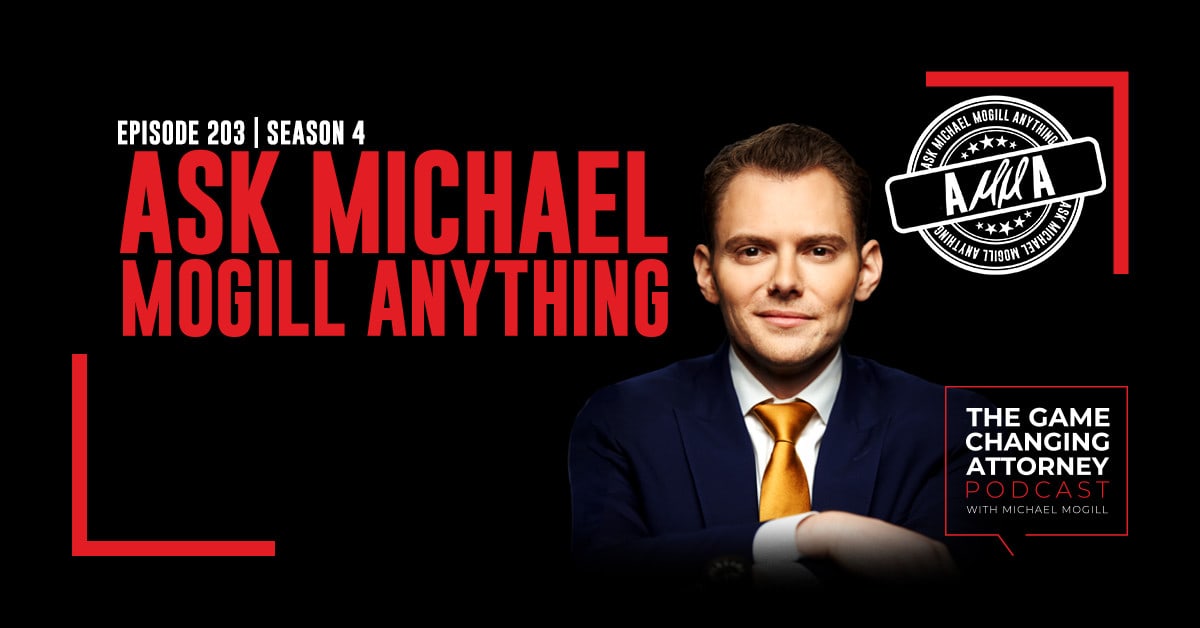
Listen & Subscribe
Show Notes:
You will not be liked by everyone. “As you have a growing team and a growing organization, the odds that every decision you make is going to get unanimous support and that everybody’s going to love it and everybody will see the vision for the organization the same way that you do are like zero percent.”
Be a team, not a family. “As an organization, we look at ourselves more as a professional sports team than a family, and it is my responsibility as a leader to 1) make sure we don’t run out of money, 2) make sure that we are able to remain competitive and to continue to grow, and 3) continue to provide people with growth opportunities to be able to grow in their careers and ultimately meet the promise that we make for them when we hire them. Now, those three things are not easy, but they involve making the types of decisions that sometimes are for the greater good of the organization.”
How to get your team to love you. “If you want them to really love you, help them be successful. Help make them more successful. Help them grow, improve, evolve their skills, evolve their capabilities, be people of value, be more resilient, have more grit, be more determined, be more focused, be a greater contributor, be a greater driver. You help someone do that, they’re going to love you and they’re going to respect you. And what’s the saying by Machiavelli? If you can only have one between love and respect, I’ll take the respect.”
Why entrepreneurs give up. “To be completely blunt, I don’t think that either number one, they were ever truly committed to what it is that they wanted to achieve. The business they wanted to build, the freedom they wanted to create in their life, their vision — they were not sold on it. They said they would have liked it. Hopes and wishes, you can’t really measure. Goals you can. So number one, I think they weren’t truly committed. And then number two, I don’t think that the pain of being where they were was greater than the pain of not getting to where they wanted to go. Maybe things were okay and comfortable. ‘I got Netflix, college football, and DoorDash. Life’s pretty good. I don’t want to give all this up to chase something that I may or may not achieve.’ So the pain of where you are needs to be greater than the pain of going for it for you to go for it, actually do it, and be committed to it.”
Entrepreneurial alternatives. “I know a lot of times people equate financial success with being an entrepreneur. It doesn’t always have to be that way. You can grow within an organization, make a great contribution to the organization, and take none of the risk. Knowing what I know now, maybe I would do that. Somebody else is going to take all the risk. They’re going to carry all the downside. I don’t have to worry about that, and instead, I can strap myself onto the right rocket ship, learn from this person, work with this person, grow within the organization, and gain a lot of autonomy.”
RESOURCES & REFERENCES
Baskin-Robbins
Episode 162 — Kim Scott
Radical Candor by Kim Scott
Niccolò Machiavelli
Netflix
DoorDash
Mercedes-Benz
David Goggins
Shark Tank
Facebook
Mark Zuckerberg
MCAT
Connect with Michael
- Text directly at 404-531-7691
